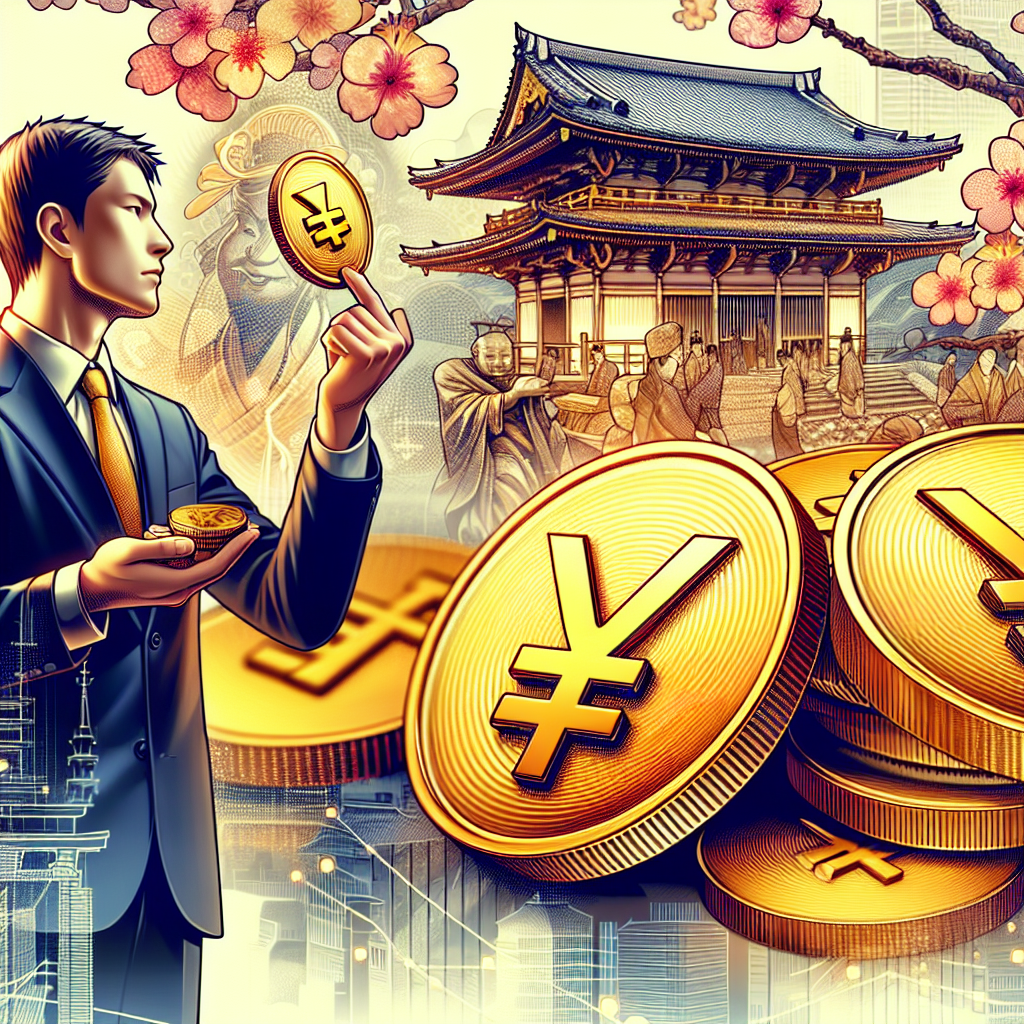Yen Weakens Amid BoJ's Interest Rate Decision
The yen weakened after the Bank of Japan maintained interest rates at 0.25%, causing the dollar to rise to its highest level in two weeks. BoJ Governor Kazuo Ueda indicated no rush for rate hikes amid global economic uncertainties. Japanese consumer prices and inflation trends also weighed on the yen.

The yen weakened on Friday after the Bank of Japan signaled it was in no rush to raise interest rates again, maintaining them at 0.25% as expected. This development led the dollar to rise 1.2% to 144.32 yen, reaching its highest level in over two weeks. Governor Kazuo Ueda stated that the BoJ could afford to spend time monitoring the fallout from global economic uncertainties.
'Our decision on monetary policy will depend on economic, price, and financial developments at the time. Japan's real interest rates remain extremely low. If our economic and price forecasts are achieved, we will raise interest rates and adjust the degree of monetary support accordingly,' Ueda said at his post-meeting press conference. Niels Christensen, chief analyst at Nordea Bank, noted that Ueda was expected to warm up to another rate hike.
Shoki Omori, chief Japan desk strategist at Mizuho Securities, remarked that the rise in the dollar against the yen reflected relief that Ueda did not focus extensively on rate policy during his speech. Omori added that the dollar's rise against the yen was likely temporary. Investors were also digesting data on Japanese consumer prices, which showed core inflation ticking up to 2.8% in August, while overall inflation hit 3.0%. Speculators booking profits on recent long yen positions led to the euro gaining 3.2% to 161.05 against the yen.
Meanwhile, the euro firmed to $1.1154, up 0.7% on the dollar for the week, nearing the August peak of $1.1201. A break there would target a July 2023 top of $1.1275. Much of the world is moving in the opposite direction from Japan, although China's expected rate cut did not materialize. China left benchmark lending rates unchanged on Friday, while hinting at other stimulus measures. Major state-owned banks were seen buying dollars in the onshore spot market to prevent the yuan from appreciating quickly.
The Federal Reserve's 50 basis points rate cut on Wednesday remained the week's major event. Markets imply a near 44% chance of another 50 bps cut in November, with rates seen at 2.85% by the end of 2025. This dovish outlook has boosted hopes for continued U.S. economic growth and sparked a rally in risk assets. The U.S. dollar index slightly gained at 100.84, just above a one-year low. Sterling also gained after the Bank of England kept rates unchanged on Thursday, with its governor noting the need to avoid cutting too fast or by too much.
(With inputs from agencies.)
ALSO READ
With monsoon progressing well and healthy Kharif sowing, food inflation outlook could become more favourable: RBI Guv Das.
High Inflation in Laos Erodes Living Standards, Drives Outmigration and Workforce Shifts: World Bank Survey
Govt Launches Onion Retail Sale at ₹35 per Kg to Curb Food Inflation, Begins Nationwide Distribution
Retail Inflation Cools Down: Thali Prices Drop Sharply in August
Kharche Pe Charcha: Congress Women's Wing Confronts Rising Inflation in Maharashtra










